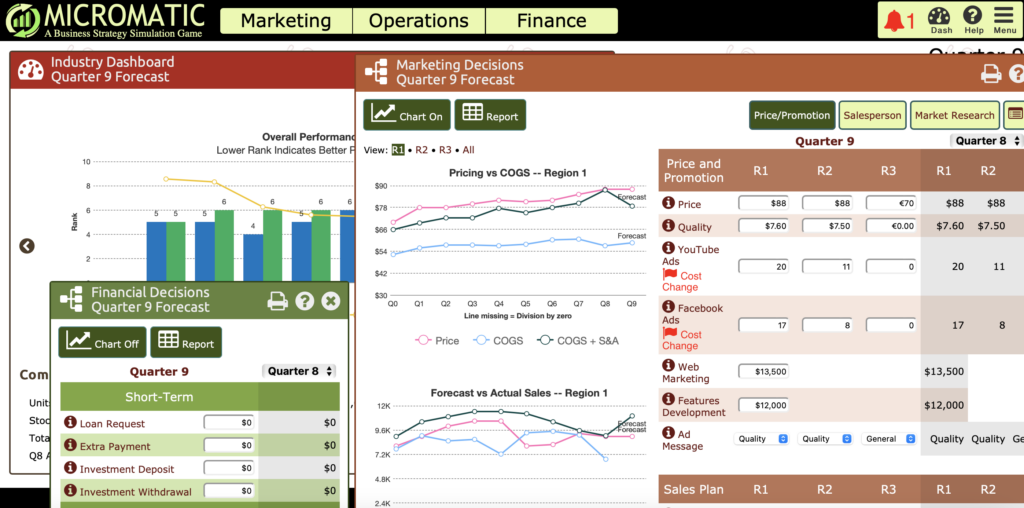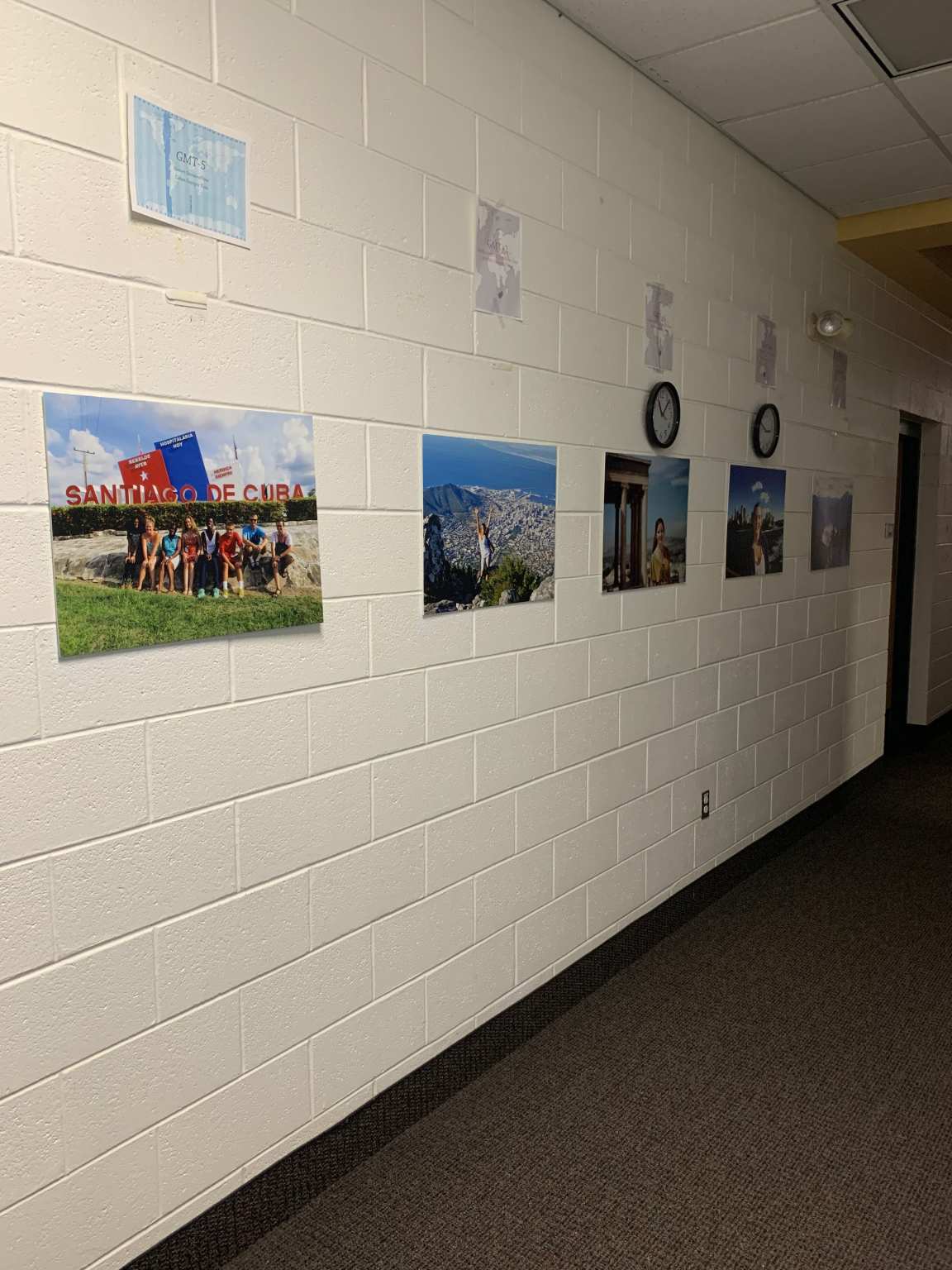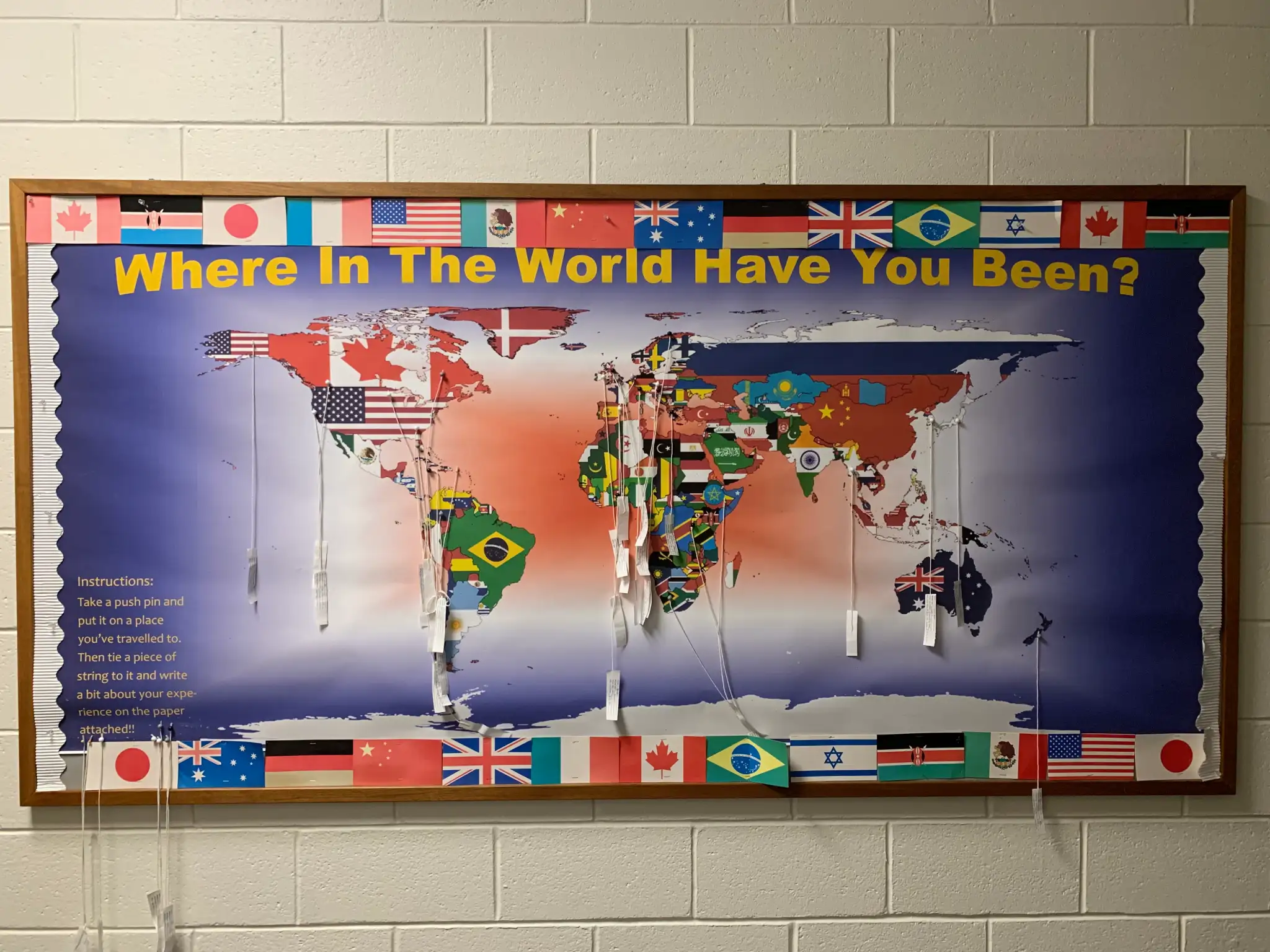Understanding International Marketing Through International Teamwork
One of the perks of Arcadia’s School of Global Business is the amount of group work a student is exposed to. Whether through simulated businesses or group presentations, I’ve always felt prepared to both work with and present with a group within Arcadia.
But what happens when the group work falls outside of Arcadia’s campus? What if that outside work wasn’t even in Pennsylvania, or America entirely? In the Spring semester of my junior year, I enrolled in International Marketing with Dr. Kurthakoti. The hands-on, interactive learning style of the course went hand-in-hand with the big project of the year: a marketing plan for an international company. Interestingly, the formation of the plan was handled by an outside organization, known as X-Culture, and, as part of the project’s requirements, every student in the class would be grouped with an international team to write a report.

In order to join the X-Culture experience, every student enrolled in the program, at Arcadia or elsewhere, had to take a readiness assessment, which tested students on the project itself, their cultural values, and their English proficiency. A few weeks later, we were all given our teams. Only one of my four other group members was from America, specifically California. The remaining three students were from Lithuania, Brazil, and Pakistan.
When first starting the project, Dr. Kurthakoti asked us to be aware of the average cultural values of each team member’s home country. Values such as power distance, masculinity, and individualism all play a role in how a person interacts within a group, so understanding how these values were seen in each country was an important part of working in the group.
After meeting as a group for the first time, we had to choose a company for which to write a marketing plan. Our group unanimously chose Garne, a Ukrainian women’s fashion brand that was hoping to expand. As such, not only were we working between four different countries, but we had to consider the values and norms within Ukraine and any countries we thought Garne should enter.
Once we chose the countries Garne should enter, we split up sections of the report evenly. Luckily, my group and I worked well together, and we were able to submit every section of our report on time and to the best of our abilities. We immediately made a plan to communicate daily via WhatsApp, which eliminated all uncertainty regarding whether sections would be submitted before their due dates.

Of course, a project with as wide a global scope as this one taught me a lot, both about working in a team and about myself. The most difficult part of the project, without a doubt, was the issue of time zones. As an example, let’s say it’s 6 PM here – a time when most Arcadia students would be able to meet over Zoom for projects. It would be 3 AM in Pakistan, 12 AM in Lithuania, 7 PM in Brazil, and 3 PM in California. As a result, scheduling meetings was by far the most difficult aspect of this project, because regardless of which time we chose, one person would have to sacrifice their sleep schedule to make it work.
Even though I don’t currently have the intention to work internationally, figuring out solutions to meeting times despite multiple crowded schedules is an important concept to understand. Furthermore, being able to communicate with a large group to find a time was a valuable takeaway of this project. I gained the confidence necessary to be the one to initiate or drive the conversation when necessary, as a result of wanting to find a time where we all could meet.
Another major takeaway comes from the idea of differing cultural values and norms. No two people have the same set of values, whether speaking internationally or not. Through this project, I saw how individuals with differing values can come together to share their knowledge and background and contribute to the whole.
As I move into the second half of the Business Capstone, which is also a group project, I absolutely see how working in teams throughout my time in the department has greatly benefitted me. I have become more confident in making decisions, communicating with a team, writing a business plan, and managing my time effectively. I credit the X-Culture group project for changing my perspective as a group member the most, because I was placed into a new situation that granted me the opportunity to learn about myself and how I interact with others to create a solution.


